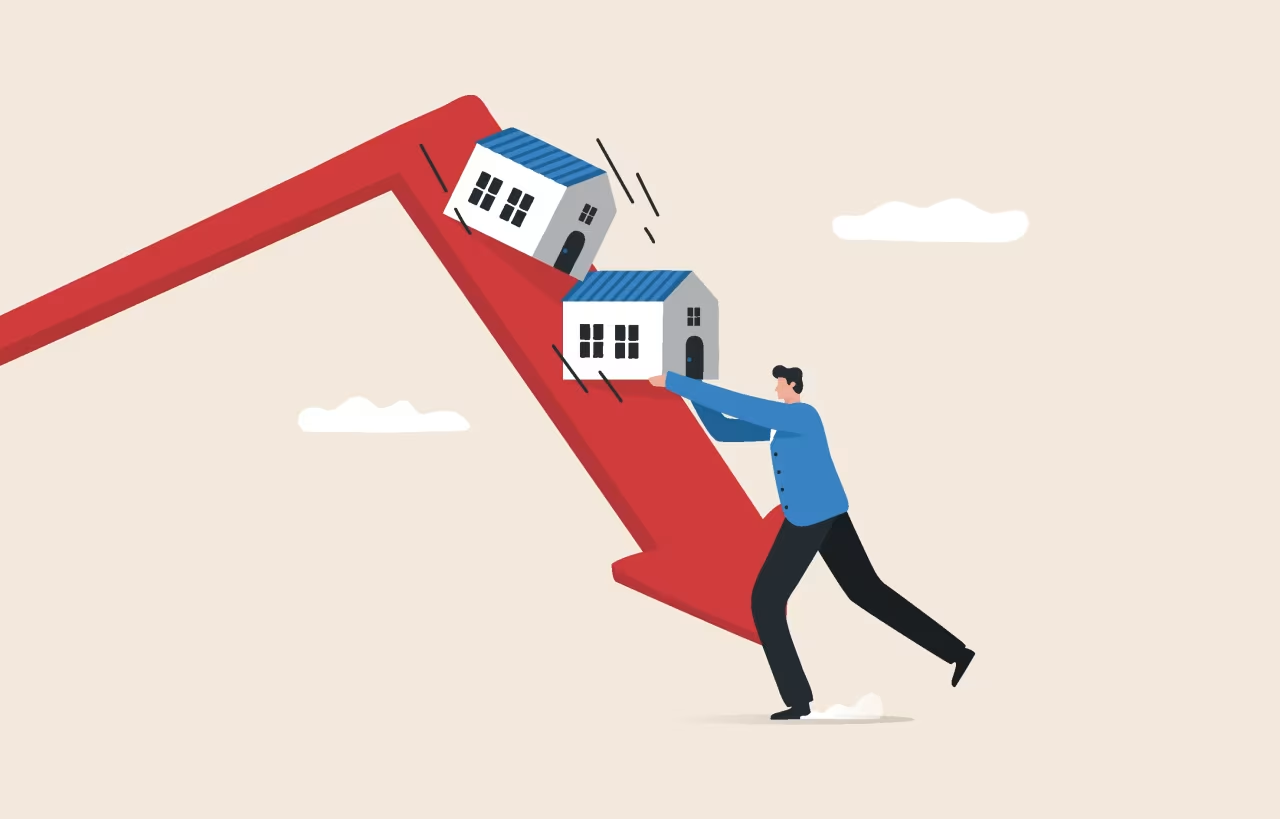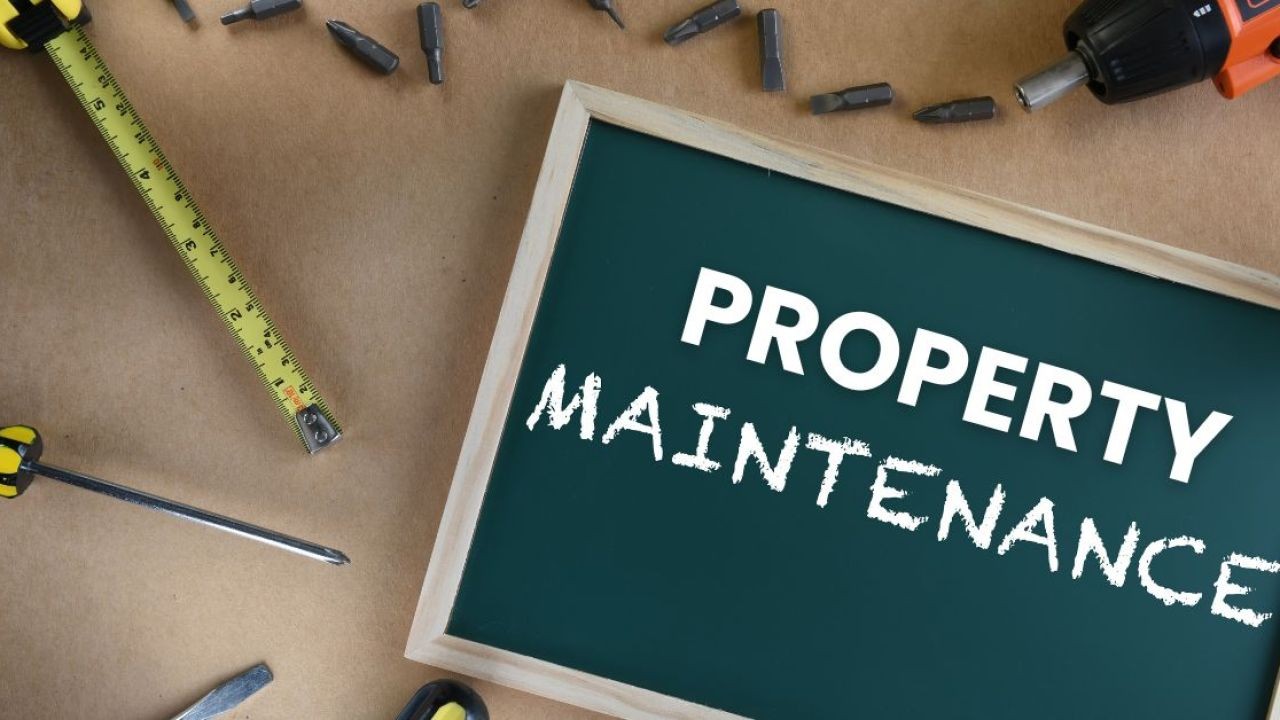Did you ever imagine that Auckland's real estate market would transform into one of the most dynamic and high-demand sectors in New Zealand? Over the last decade, property prices in Auckland have surged, creating both opportunities and challenges for investors and residents. This dramatic rise has been fueled by a mix of economic factors, government policies, and global trends, positioning Auckland as a focal point in New Zealand's economic narrative. Understanding these dynamics can offer valuable insights into future market trends and investment strategies.
The Economic Catalyst Behind Auckland's Real Estate Boom
Auckland's real estate surge is a testament to the broader economic conditions and policy decisions that have shaped New Zealand over the past decade. The city's appeal as an economic hub has attracted both local and international investors. In 2013, Auckland's housing market was relatively stable, but by 2023, prices had increased by an astonishing 120%, according to Stats NZ. This growth outpaced inflation and average wage increases, altering the economic landscape for many.
Key Drivers of Price Surge
- Population Growth: Auckland's population has grown by over 15% in the last decade, driven by both immigration and natural growth. This influx has increased demand for housing, pushing prices upward.
- Low Interest Rates: The Reserve Bank of New Zealand maintained historically low interest rates to stimulate the economy post-GFC, making borrowing cheaper and fueling property investments.
- Government Policies: Policies aimed at encouraging home ownership and foreign investment have inadvertently increased demand, further driving up prices.
- Limited Supply: Land availability and urban planning restrictions have constrained housing supply, intensifying demand pressures.
Case Study: The Transformation of Mt. Eden
Mt. Eden, a suburb in Auckland, epitomizes the city's real estate evolution. Once a quiet residential area, it has become one of the most sought-after locations in Auckland. The suburb's transformation offers a clear case study of the broader trends impacting the city's housing market.
Problem:
In 2010, Mt. Eden faced a challenge common across Auckland: limited housing supply coupled with rising demand. The suburb's proximity to the city center and its vibrant community life made it an attractive location, yet housing options were limited.
Action:
To address this, developers and city planners initiated several projects. New apartment complexes and townhouses were built to accommodate the growing population. Additionally, local government initiatives aimed at improving infrastructure and public transportation enhanced the suburb's appeal.
Result:
- Property values in Mt. Eden increased by over 90% from 2010 to 2020.
- Rental yields improved significantly, attracting more investors.
- The suburb witnessed a 30% increase in new businesses, boosting economic activity.
Takeaway:
The case of Mt. Eden illustrates the importance of strategic urban development and infrastructure investment in driving real estate growth. For New Zealand, similar strategies in other regions could catalyze economic expansion and housing affordability.
Contrasting Perspectives: Opportunities vs. Challenges
The real estate boom in Auckland presents both opportunities and challenges for investors and residents. On one hand, rising property values have generated significant wealth for homeowners and investors. On the other, affordability has become a pressing issue, impacting the ability of first-time buyers to enter the market.
Opportunities:
- High Returns on Investment: Properties in Auckland have consistently delivered strong capital gains, making real estate an attractive investment.
- Rental Income: With a growing population and limited housing stock, rental yields remain robust, providing steady income for property owners.
Challenges:
- Affordability Crisis: The median house price in Auckland reached over NZD 1 million, placing homeownership out of reach for many residents.
- Market Volatility: Economic changes, such as interest rate hikes or policy shifts, could impact property values and investment returns.
Common Myths and Mistakes in Auckland's Real Estate Market
Myth vs. Reality
- Myth: "Property values in Auckland will always rise." Reality: While historical data shows an upward trend, market corrections and economic factors can lead to periods of stagnation or decline.
- Myth: "Investing in Auckland real estate guarantees profit." Reality: Success depends on various factors, including location, property type, and market timing. Thorough research and strategic planning are crucial.
Biggest Mistakes to Avoid
- Overleveraging: Taking on excessive debt can be risky, especially if interest rates rise or property values decline.
- Ignoring Market Trends: Failing to stay informed about economic and policy changes can lead to poor investment decisions.
- Neglecting Due Diligence: Thorough research and property inspections are essential to mitigate risks and ensure sound investments.
Future Predictions: The Road Ahead for Auckland's Real Estate
Looking forward, Auckland's real estate market is poised for continued evolution. According to the Reserve Bank of New Zealand, potential interest rate hikes could temper property price growth. However, ongoing urban development and infrastructure projects are likely to sustain demand.
Experts predict that technology and sustainability will play a crucial role in shaping the future of real estate. Smart homes and eco-friendly developments are gaining traction, aligning with global trends towards sustainable living. For investors and policymakers, adapting to these trends will be key to navigating the future market landscape.
Conclusion: Navigating Auckland's Real Estate Landscape
Auckland's real estate market offers a complex yet rewarding environment for investors and residents. Understanding the factors that have driven price growth over the past decade is essential for making informed decisions. By staying abreast of market trends and adopting strategic approaches, investors can capitalize on opportunities while mitigating risks.
As Auckland continues to evolve, the lessons learned from the past decade will serve as valuable guides for future growth and development. Whether you're a seasoned investor or a first-time buyer, the key to success lies in thorough research, strategic planning, and adaptability to changing market conditions.
People Also Ask
- How have government policies impacted Auckland's real estate market? Government policies promoting foreign investment and home ownership have increased demand, driving up property prices.
- What are the biggest challenges for first-time home buyers in Auckland? Affordability is a major issue, with median house prices exceeding NZD 1 million, making it difficult for first-time buyers to enter the market.
- How can investors mitigate risks in Auckland's real estate market? Investors can mitigate risks by conducting thorough market research, diversifying their portfolios, and staying informed about economic and policy changes.
Related Search Queries
- Real estate investment strategies in Auckland
- Auckland housing market trends
- Property affordability in New Zealand
- Impact of immigration on Auckland real estate
- Future of New Zealand's housing market








































Philip Morris
1 month ago